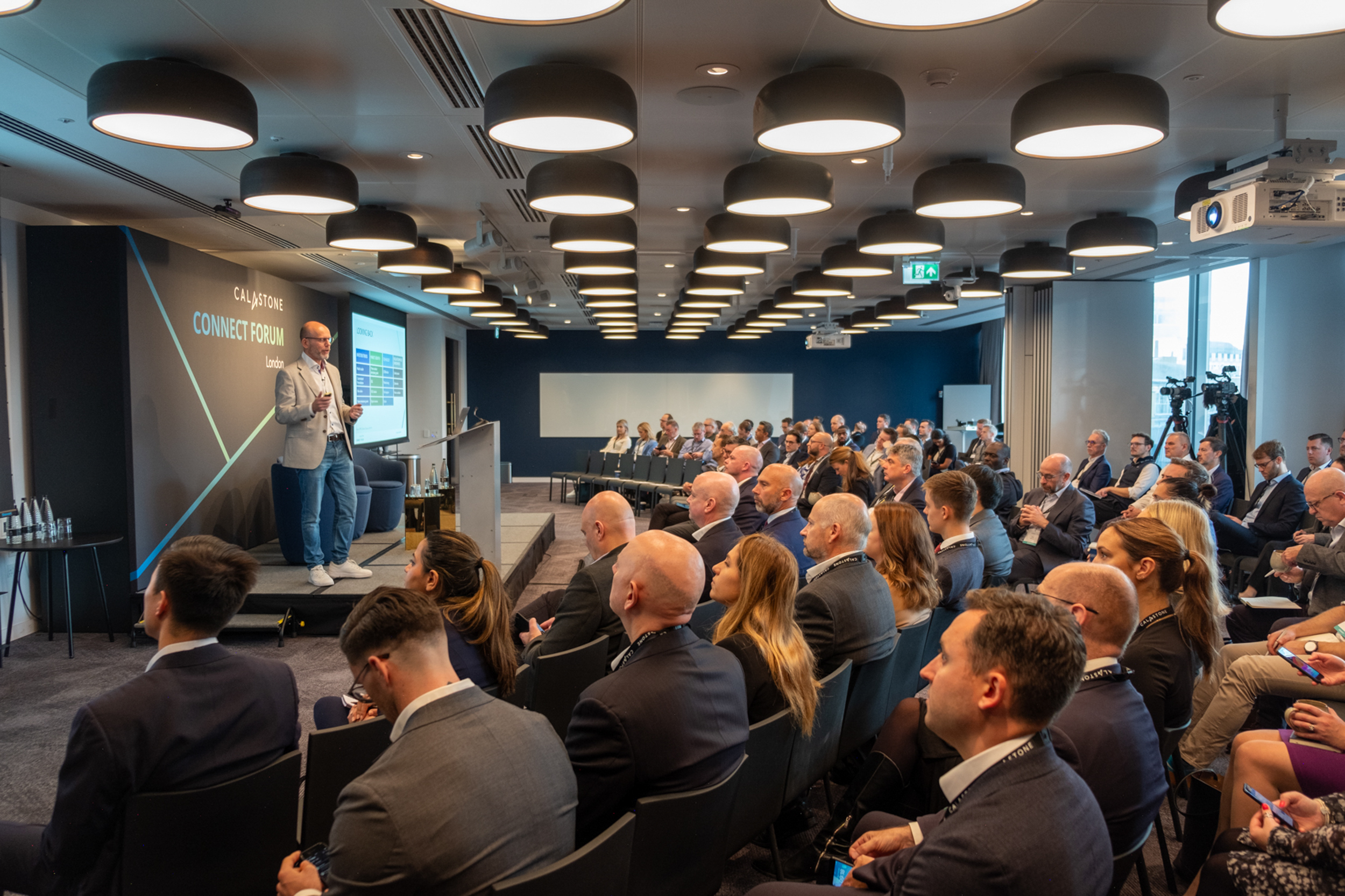How well do asset management firms adjust to new threats and opportunities? Like all industries, asset management has spent much of the last six months getting to grips with the changes imposed by the pandemic, often doubling down on existing trends, such as sustainability and digitalisation. However, Calastone’s recent survey of retail investment behaviours suggests the sector is not moving far or fast enough to attract future investors.
Our research reveals a vast untapped market of savers who would like to become investors, but find existing offerings hard to understand or to access. Based on interviews with 1,800 consumers across six mature markets at the outset of the pandemic, the research highlights a high degree of concern over future financial security and a strong appetite to save. Between 75% and 90% of interviewees said they were active savers, with 65% admitting to worries about financial security and a similar proportion saying Covid-19 had made them worry more.
But it also shows a low level of engagement with investment products, often due to savers’ low confidence in their ability to understand investment processes. While 65% of survey respondents had a savings account, only 30% owned investment funds and 31% owned stocks and shares. And only a net 15% of non-investing respondents said they had a good understanding of investment processes. For Millennial non-investors, 41% said they could not afford to and 27% saying they would not know where to start.
In contrast, those who already invest, and who are confident in their understanding of investment processes, are willing to investment more. Two thirds of survey respondents with existing savings said they were likely to invest further in the future, while only a quarter (27%) of non-investors said they plan to invest. This suggests a lack of investor education and engagement is costing the industry. How much bigger would the pie be, if asset managers could turn savers into investors?
In many respects, asset managers are knocking at an open door. Our research demonstrates not only a strong appetite to save but a willingness to trust financial institutions: less than a fifth (18%) said they feel negatively toward the finance sector. Although, it is worth pausing to note that high fees and lack of transparency are among the top three reasons for negativity, confirming long-held industries fees on the sustainability of fee structures.
Meanwhile, the economic impact of the pandemic is serving only to further stimulate demand. Increased uncertainty drives the search for financial security, while low-to-no interest rates and warnings about the end of free banking only increase saver frustration and fears for the future.
The potential imposition of charges on bank accounts, as floated in October by HSBC, could be the final straw. But banks may not be driving savers, especially the younger cohorts, directly into the arms of asset managers if more appealing alternatives exist.
Calastone’s research shows Millennials are willing to trust technology companies (57%) or online retailers (46%) to deliver financial services. It also shows that they appreciate value for money, simplicity and convenience. Millennials with existing investments cited cost, access and visibility as factors likely to encourage more investment ahead of risk.
If asset managers do not take heed, they could well find themselves bypassed, caught off guard by the ability of tech-savvy rivals to put together compelling, data-driven and responsive solutions that are simple to understand and integrated with the way Millennials live their lives.
This means more than availability on mobile platforms, requiring also flexibility, transparency and innovation. Younger participants in our survey show their willingness to try something new in their positive attitude toward newer types of financial services, such as crowdfunding. Ever cost-conscious, they also value the flexibility of being able to invest in smaller increments. Almost 90% of Millennial survey participants said the ability to use smaller amounts would make them more likely to invest in the future, with more than three quarter of Generation X respondents similarly positive.
Our survey also shows that it is not just the Millennials that expect a multi-channel digitized future, in terms of their interaction with financial service providers and intermediaries. Older generations appear to be platform-agnostic too. Indeed, Generation X are barely less willing than Millennials to use apps to interact with their financial advisors.
Millennials check their investments most regularly (more than a third check weekly) and are most willing to use digital channels, eg apps (43%) and online chat (23%) to do so, but all cohorts use a mix of electronic / remote intermediation. Interestingly, a strong role for in-person investment advice continues across markets and generations (40% of Millennial and Generation X investors favour in-person advice), mixed with a diverse range of engagement channel preferences. Fund selection criteria shows strong support for digital self-service among active investors in HK/US and Millennials.
The responsiveness of consumers to cost-effective, convenient and easy-to-understand investment solutions is already evident, especially in Asian markets, where app-based robo-advisory and micro-investing services are grabbing market share at pace. These services deploy digital technology to let consumers take their financial futures into their own hands at low cost, conveniently keeping them informed about the current state of their investments and future opportunities.
The asset management sector has certainly responded rapidly to surging demand for sustainability-themed funds, with Morningstar reporting record inflows, assets and launches in Q3 2020[1] ESG funds have thrived by investing in firms with robust governance structures which have pivoted nimbly to the fast-changing market realities impacting their business models, customers, employees and networks.
Asset managers have often proved light on their feet too, relying on third parties for data, technology and other services, such as custody. But sustainable business models mean much more than outsourcing the back office or offering ethical investments. To be truly sustainable, asset managers may need to apply their resources to client needs more carefully and intelligently, adding value through education and transparency, rather than focusing on performance, with a view to building life-long customer relationships.
[1] Global Sustainable Fund Flows: Q3 2020 in Review – Morningstar Manager Research (Oct 2020)





















